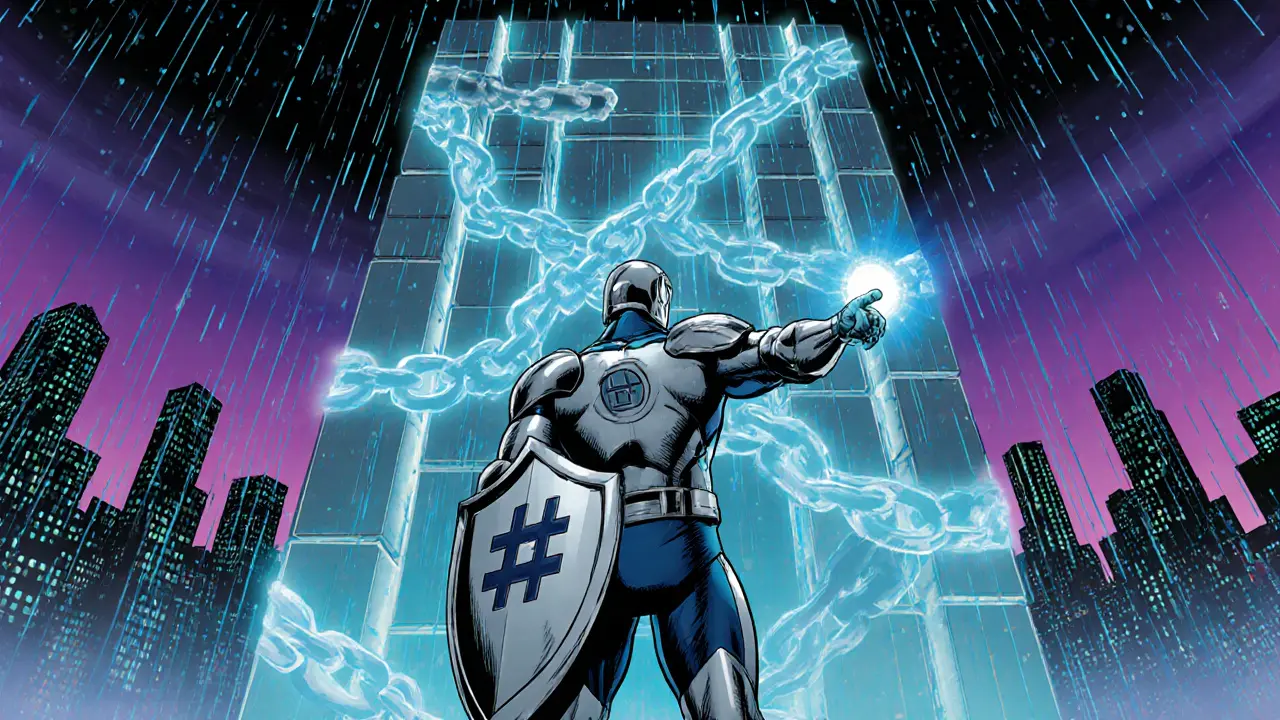When working with Smart Contract, a self‑executing agreement stored on a blockchain that runs automatically when predefined conditions are met. Also known as programmatic contract, it removes the need for middlemen and locks the terms in code.
Every smart contract lives on a blockchain, a distributed ledger that records all transactions and hosts contract code in a tamper‑proof way. This foundation gives contracts trust, transparency, and immutability. When you trade on a decentralized exchange, a platform that matches buyers and sellers without a central authority, the order‑matching logic, fund custody, and settlement are all powered by smart contracts. In other words, the exchange’s core engine is a collection of autonomous contracts that execute trades 24/7.
The most popular playground for smart contracts is Ethereum, the open‑source network that introduced the first widely adopted smart‑contract platform. Ethereum provides the virtual machine (EVM) that runs contract bytecode, and developers write that code mainly in Solidity. Because Ethereum is public, anyone can inspect a contract’s source, verify its behavior, and interact with it through wallets or dApps. This openness fuels innovation, from DeFi protocols that lend assets to gaming tokens that run airdrop events.
Airdrops illustrate a direct link between smart contracts and community incentives. When a project launches an airdrop, a distribution of free tokens to eligible users, often based on on‑chain activity, the eligibility logic lives inside a contract. The contract reads wallet balances, transaction history, or staking status, then automatically sends the new tokens. This removes manual airdrop spreadsheets and reduces fraud. Many of the posts on our site, like the Knight War token airdrop or the META Spatial giveaway, showcase real‑world examples of contract‑driven token distribution.
Smart contracts enable three core capabilities that thread through almost every article on this tag. First, they automate execution – no human needs to click “release funds” once conditions are met. Second, they guarantee enforcement – the code runs exactly as written, preventing one‑sided changes. Third, they create composable building blocks – one contract can call another, allowing complex ecosystems like modular blockchain architectures or restaking protocols.
Take modular blockchain architecture, a recurring theme in our collection. By splitting consensus, data availability, and execution into separate layers, designers can plug in specialized smart contracts for each function. This approach boosts scalability while keeping contracts secure on the execution layer. Similarly, the EigenLayer restaking protocol shows how contracts can extend Ethereum’s security model, letting users lock ETH into new services and earn extra yield.
For traders, the practical takeaways are clear. Every fee schedule on an exchange, every liquidity‑pool rule, and every token‑sale eligibility criterion is encoded in a contract. Understanding the contract’s attributes – such as required signatures, time locks, or Oracle dependencies – helps you evaluate risk before you invest. Our reviews of exchanges like Hydax, Bitvavo, and Helix Markets often highlight contract‑level security audits, because a vulnerable contract can jeopardize millions of dollars.
Finally, smart contracts bridge crypto and traditional finance. The “cryptocurrency market cap” article explains how on‑chain data feeds, delivered by contracts, calculate total market value in real time. Those same feeds power hybrid products that blend stock indices with crypto baskets, letting investors track both worlds from a single dashboard.
All this shows why smart contracts are the glue holding modern decentralized ecosystems together. Below you’ll find a curated list of articles that dive deeper into specific contracts – from modular designs and airdrop mechanics to exchange reviews and security protocols. Whether you’re a developer, trader, or curious newcomer, the posts ahead will give you concrete examples, actionable tips, and the context you need to navigate the ever‑evolving landscape of smart contracts.

Learn what a hash collision is, why it jeopardizes blockchain security, and how modern chains protect against it. Includes real attacks, mitigation tips, and future quantum‑resistance outlook.